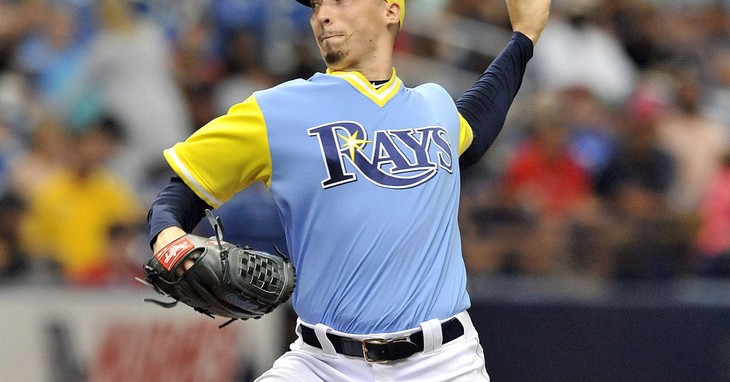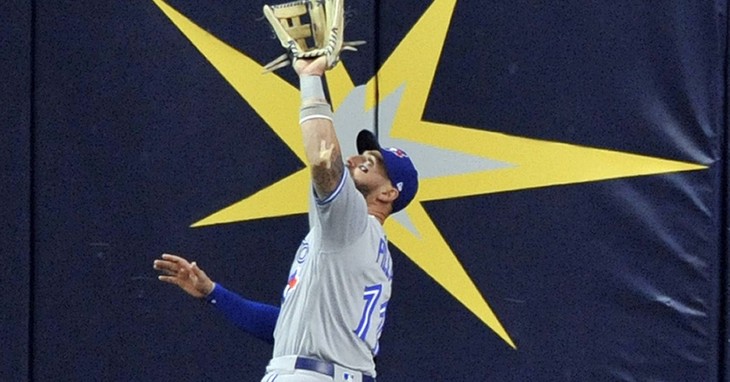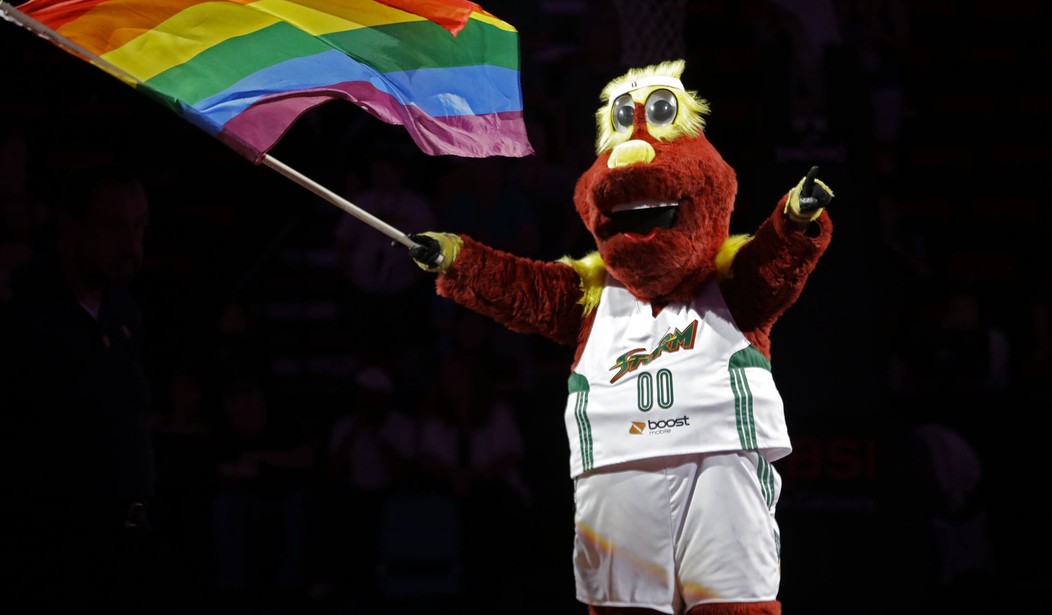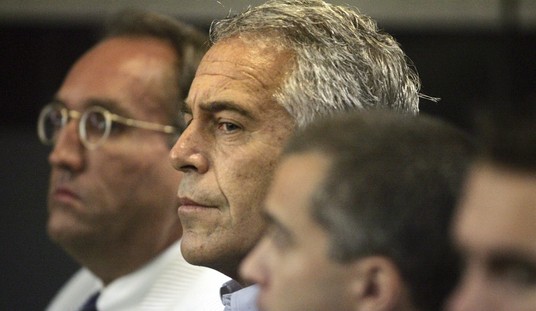Increasingly, Pride Month is less about accepting certain segments of society, and more about requiring praise.
There is a growing trend in the activist communities to push their chosen agenda with hysterical accusations when they are met with anything less than fulsome and impassioned support. It is possible to hear that if an agenda is presented and you react with muted support — or worse, a shrug of indifference — you can be accused of hatred towards the targeted group. It is a childish reaction, but one more activist adults are undertaking.
As Jeff Charles covered yesterday, there has been a backlash against the Tampa Bay Rays baseball team, over the fact that a handful of players did not do something. Over the weekend, the team played a game in which the organization wanted to highlight themonth of June being Pride Month. The players wore hats, as well as an arm patch on the uniform, where the team logos were displayed, with rainbow coloration. Five of the Rays players opted to not wear the Pride items.
This decision has been covered extensively, and the reaction by many in the press and the gay activist community has been rather over the top. The reason these players opted out of the Pride adornment was rooted in their faith, as they believed it ran contrary to their beliefs. The players chose pitcher Jason Adam to be their voice on the matter, and he explained, “A lot of it comes down to faith, to like a faith-based decision. So it’s a hard decision.”

But Adam also made comments that were the polar opposite of being antagonistic and combative. Instead, he was rather conciliatory, and was not the least bit aggressive in his explanation, saying, “Because ultimately we all said what we want is them to know that all are welcome and loved here.”
For this, Adam and his demurring teammates have been labeled as hateful and intolerant. At the New York Times, the news was announced as “An Attempt At Inclusion Proves There Is More Work To Do. The message is that while the bulk of the team and staff were properly adorned with the Pride gear, if it was not in full compliance, then it was a failure, we have to guess. How exactly is it a case of dozens of Rays members in rainbow logos becoming translated as not inclusive, just because five opted to not wear them?
The underlying message here is that it is only considered acceptance when wearing Pride items is made compulsory. The article states how the Tampa franchise has been recognizing the gay community for 16 seasons already, but this select, small group abstaining from participating negates all of that prior support. A writer is quoted on the decision; “People use their interpretation of religion to justify discrimination against people for the way they were born.” Calling the move to wear the team’s standard logos discrimination is just the start of the imbalanced reactions to this.
At ESPN, the players were called bigots on the sports journalist roundup show Around The Horn. Sarah Spain unloaded on the players, when the news came out.
“This is what tends to happen when frivolous class isn’t affected by things,” Spain begins. “That religious exemption BS is used in sports and otherwise also allows for people to be denied health care, jobs, apartments, children, prescriptions, all sorts of rights.”
The lack of a rainbow patch on a baseball uniform leads to all of those inequities. If just these five players had gone along with this action, then all of those problems would have been solved, goes her logic. But she was not finished.
“We have to stop tiptoeing around it because we’re trying to protect people who are trying to be bigoted from asking for them to be exempt from it, when the very people that they are bigoted against are suffering the consequences you say trying to be bigoted.”
Over at the SB Nation portal Outsports, they went even further. Jason Adam was dubbed homophobic in their headline, and like so many others in the sports journalism class, his words were roundly ignored in order to heap the worst accusations against these players. Ken Schultz is a gay writer at the site, and his contempt for these five players making a faith-based decision was met with vitriol.
Schultz also delivers a mixed message in his column, as he is clearly upset with the decision the players made (“his explanation was almost breathtaking in its asininity”), but then insists that he – as a gay man – does not need to be supported by the players, at the same time.
Furthermore, speaking from personal experience, as I was going through the coming out process, I never thought I needed to ask a relief pitcher to validate my sexuality.
Yet here he is, denigrating a relief pitcher for not validating his sexuality by wearing a rainbow logo on a uniform. This is the kind of emotional reaction that is frequently on display in the activist community, where the outrage is all the justification needed. The very fact that you contradict yourself in your screed is never considered. You say you don’t need his validation, while declaring he needs to comply with the wearing of the logo. Later in the piece, Schultz does, in fact, admit to needing this compulsory validation.
One of best parts of writing about the release of MLB Pride Night schedules is that it’s heartening to see almost every team putting in an effort to make our community feel welcome. But when several players rip off their rainbow logos during Rays Pride, they become the only people we notice on the field. It’s a conscious decision that makes LGBTQ people feel that they don’t belong.
An organization supporting your community for decades, and the vast majority of players and coaches participating is not enough to make you feel included? This all-or-nothing belief set is the real conscious decision being made. It seems that total compliance is required, which flies directly in the face of the affiliated buzzwords with all the calls for acceptance – tolerance, and diversity.

A diversity of opinions is not permitted, and tolerating differing views is not an option. This reaction is an offshoot of the departure from the prior call to action in the LGBTπ community. It used to be that the demand of society was to be accepted, to be regarded as normal and afforded the same rights and access as all other groups. But after achieving that goal, it is now not enough.
Too often we see it on display that simply being accepting of a group is not sufficient. Allowing an activity while electing not to partake in it yourself is regarded as hostility. Anything less than enthusiastic support can become cries that someone is “intolerant” or “-phobic.” Permissiveness today needs to become celebratory, or else you are deemed as the opposition.
These reactions defy the very calls from these activist groups. Tolerance requires compliance. Inclusion is defined as compulsory participation. Support requires a mandate. As usual, all the while, we get lectured to be open and respect people’s choices – unless someone makes the choice to not participate energetically.














